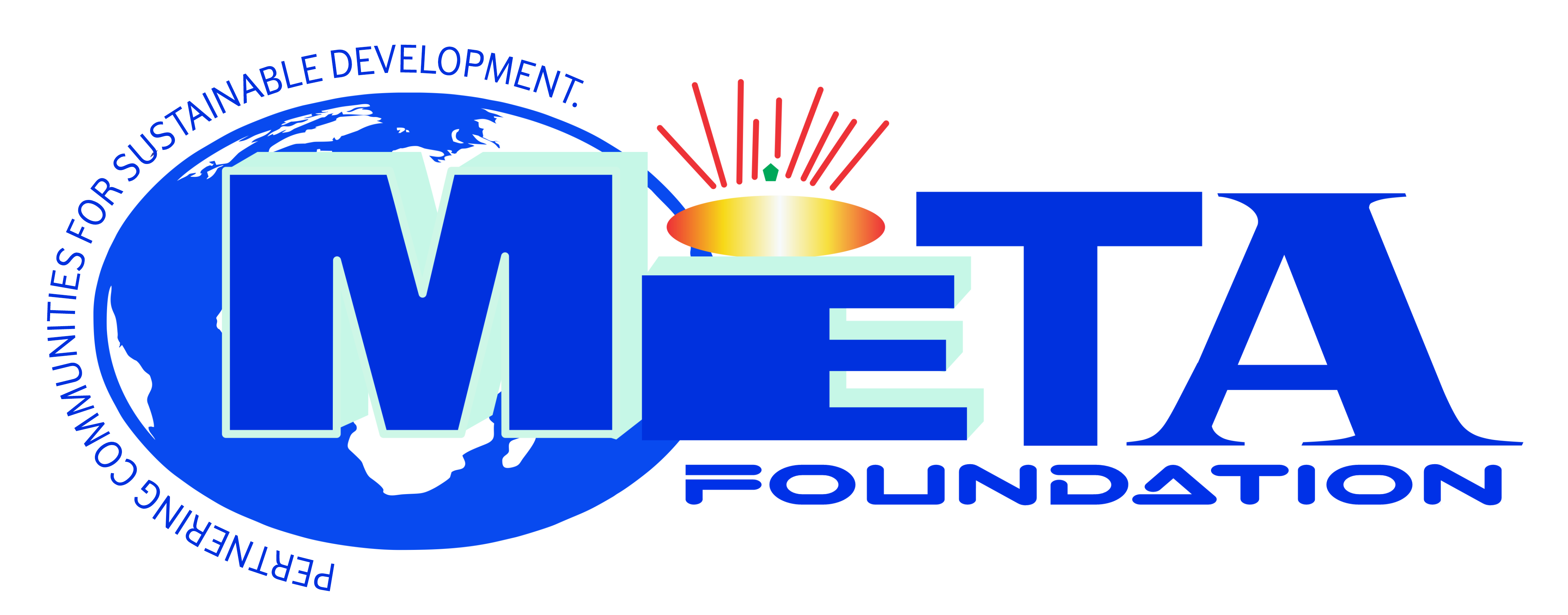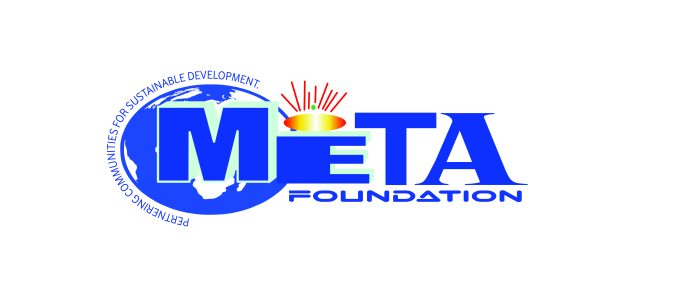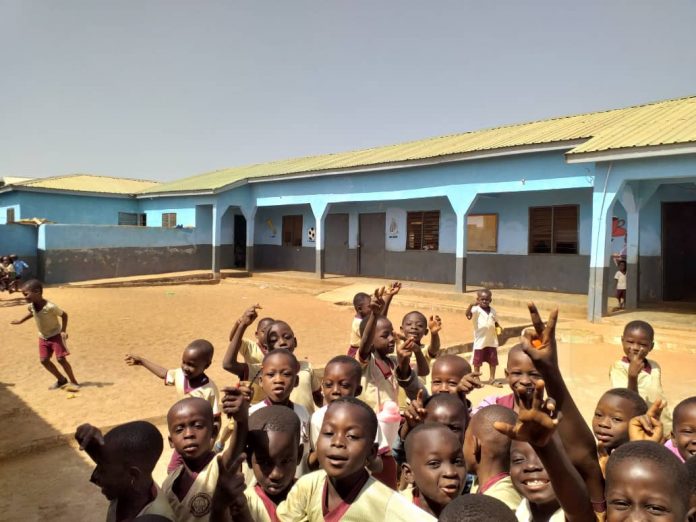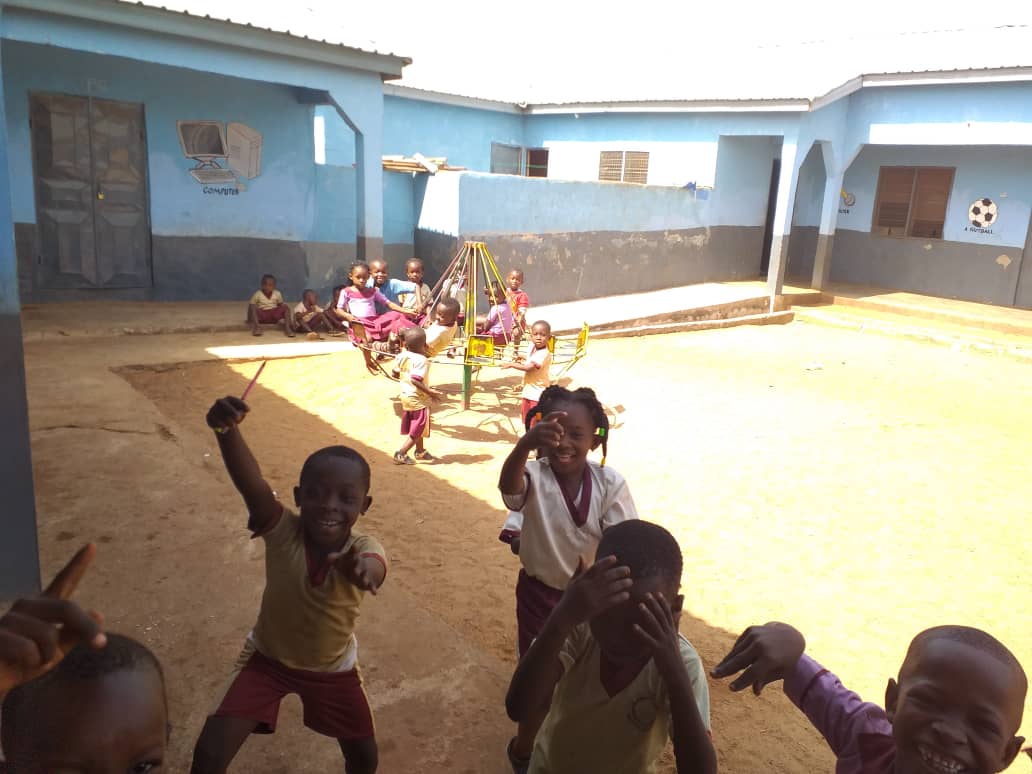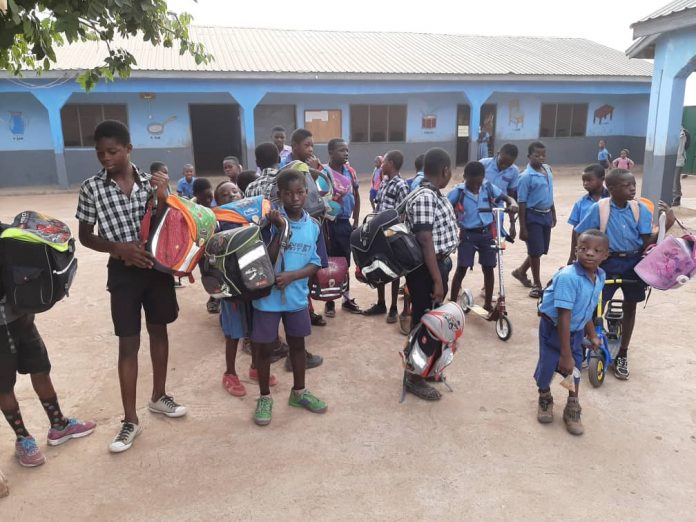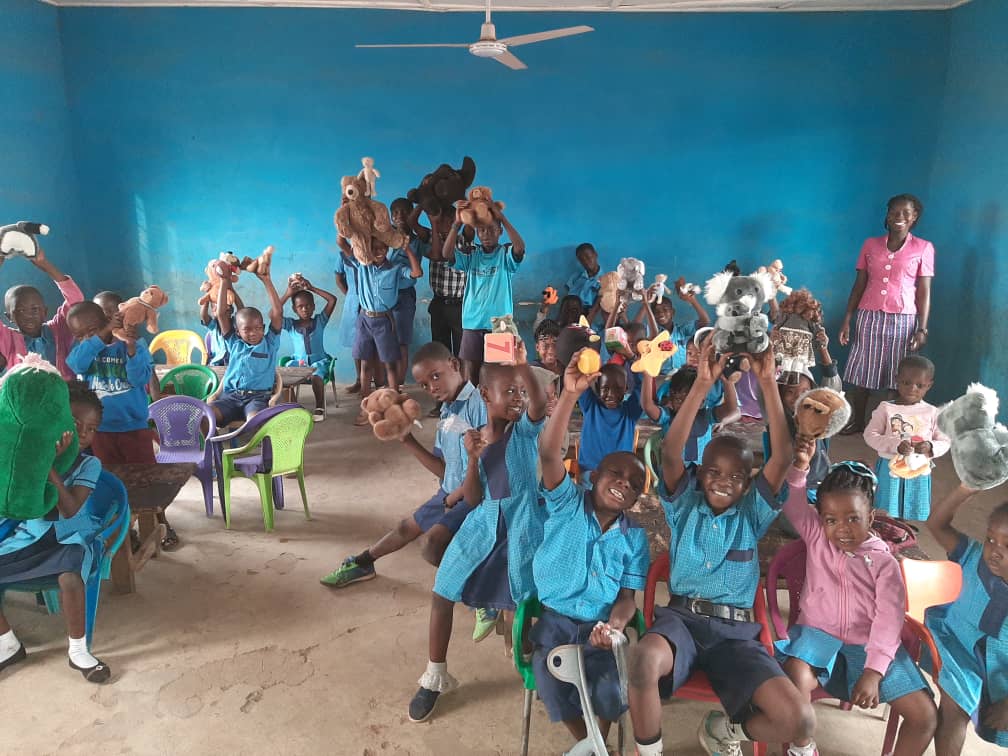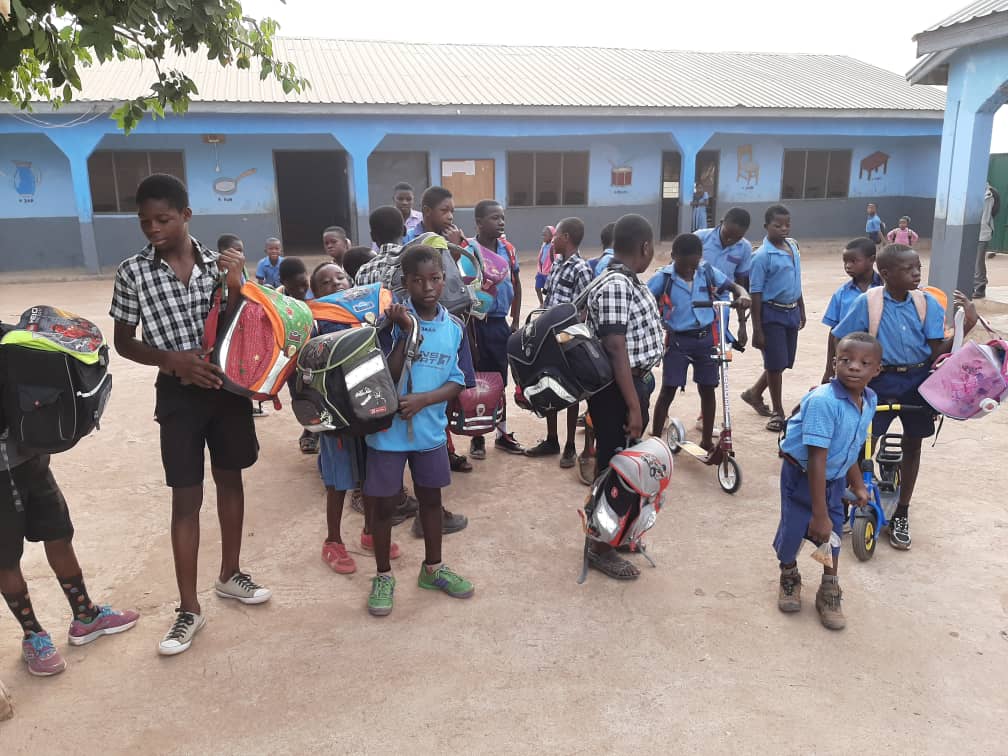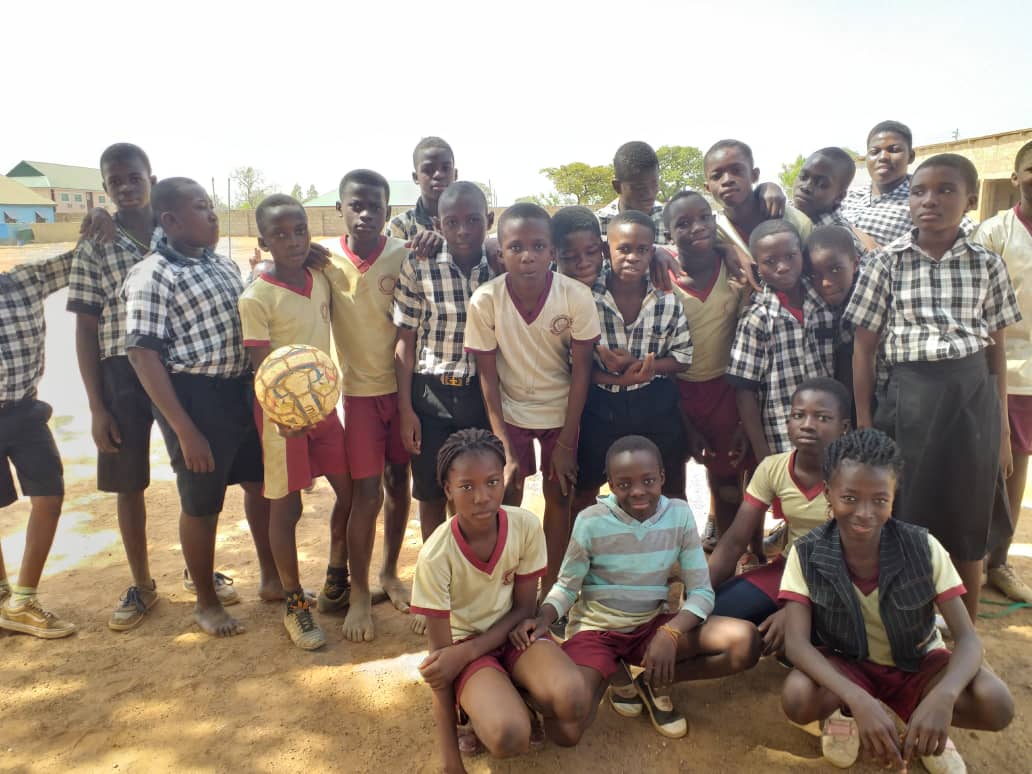An academic at the Soil and Irrigation Research Centre, University of Ghana, has made a strong case on the need for the country’s Climate Smart Agriculture (CSA) and Food Security Action Plan to be revised.
According to Professor Dilys Sefakor MacCarthy, a revised action plan of the CSA will not only aid policy planners and implementers to respond more appropriately and effectively to current climate change concerns alone, but also enable Ghana to be in tune with new commitments to tackling climate change that are being adoptedat the global level.
For example, she said the current action plan developed between 2015/16 and launched in 2017, if revised could mean; “making good use of emerging knowledge or newer information that are relevant to addressing current demands.”
Prof. Dilys MacCarthy said this in an interview with Diamond News on the sidelines of a stakeholders’ consultation on the revision of the Climate Smart Agriculture and Food Security Action Plan, which was held in Tamale.
The two-day consultation attracted officers from the Department of Agriculture, representatives from research and academic institutions, NGO partners, farmers among others from the Savanna agro ecological zone and part of the Transition zone, namely the Bono east and Oti Regions.
Prof. MacCarthy, explained that a intended revised action plan, is to respond to current needs and to capturing the various legs in the existing document, more appropriately.
“So the idea is not to discard the old document, but to afford those at the implementation levels, an opportunity to have their insights and perspectives captured. This is in order to bringing on board, hitherto uncovered areas such as the livestock and animal production among other stakes in the face of changing climate,”Prof MacCarthy stated.
“If you take institutional capacity development and the actions that fall in that leg, it include infrastructure, however this also hasn’t be captured appropriately and a revised document will take care of those needs,” she added.
On his part, an Assistant Director at the Food and Agriculture Ministry (MoFA) in Accra, Gibrilla Ahmed, stressed on the lack of co-ordination between Civil Society Organisation (CSOs) and the Department of Agriculture, which is the main Ministry leading the climate change process in terms of food security.
According to him efforts must be made to bridge the co-ordination gap between CSOs and the Department of Agriculture to avoidingsituations of underreporting of activities. Mr. Ahmed welcome the steps being taken by Policy LINK and MoFA to addressingshortfalls that were working against the current CSA and Food Security Action Plan.
Earlier, the Climate Change Lead at Feed the Future, Policy LINK, Dr. Gerald Forkuor who gave a background to the stakeholder engagement noted that “the climate is changing rapidly,” and the gathering therefore was to help updated documentations that are needed in facilitating climate change actions.
Dr. Forkuor added that the inputs of the stakeholders’ at all levels including the sub national consultations will fit into the expected draft to be tabled before the relevant authorities and actors.
In a related development, the Executive Director, Meta Foundation Dr. David Azupogo, has called for home grown solution and strategies to addressing climate smart agricultural funding, since donors cannot do it all alone.
Dr. Azupogo made the call while contributing at a plenary duringtwo-day Policy LINK, MoFA consultation meeting in Tamale, on the revision of the Climate Smart Agriculture (CSA) and Food Security Action Plan.
According to him, the Village Loans and Savings and Associations(VLSA), which is common among rural farmers can be harnessed and structured into an apex body that is well regulated to serving the overall needs of farmers in terms of agri-financing and climate change.
“The VLSA is an alternative resources pool that offers a sustainable and more reliable approach in which we can build our development around. Take for example, local groups of farmers raising between 80,000 to 100,000 cedis within six months to a year from their own investments and the multiplying effects of these on their communities, districts and the nation at large? The Apex VLSAs are needed to bridge the funding gap,” Dr. Azupogo explained.
During the two day workshop facilitated by the Ministry of Food and Agriculture and the Feed the Future, Policy LINK, participants explored the current Climate Smart Agriculture and Food Security Action Plan and implementation status, with reference to its success, challenges, lessons learned and how to improve the action plan to enable the country build resilience towards changing climate and attaining food security.
Story By: Nelson Nyadror Adenuti
